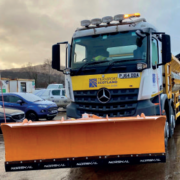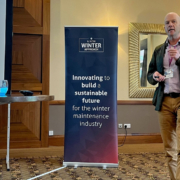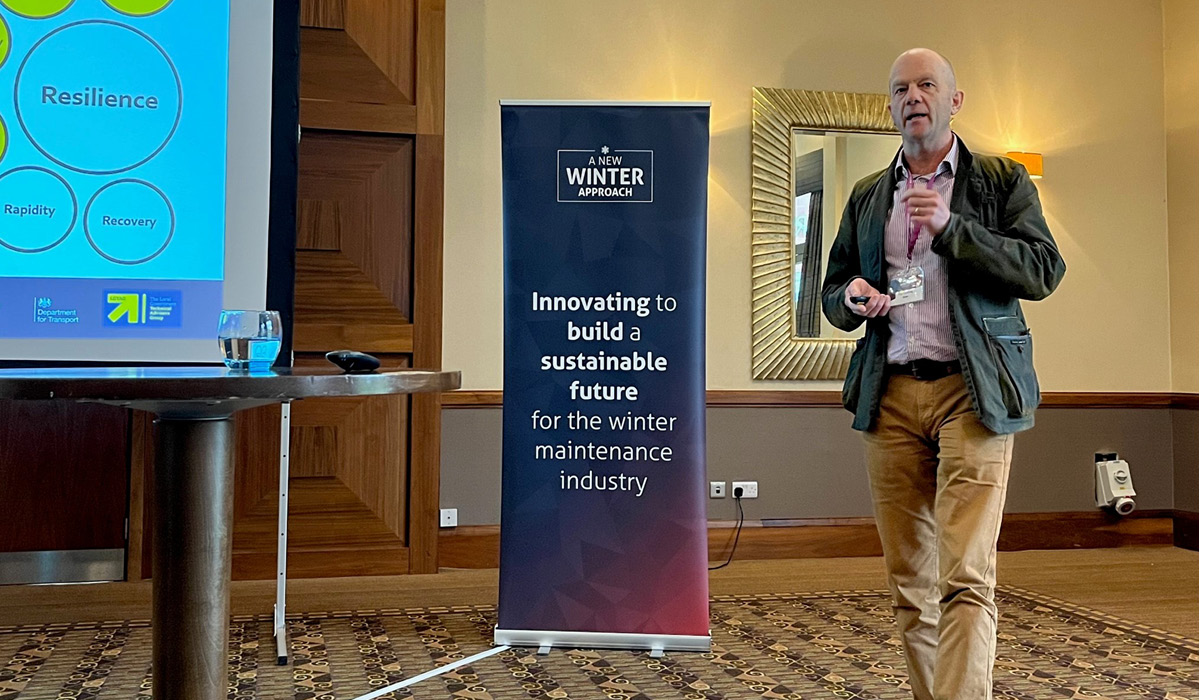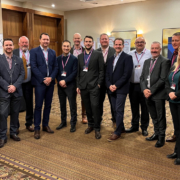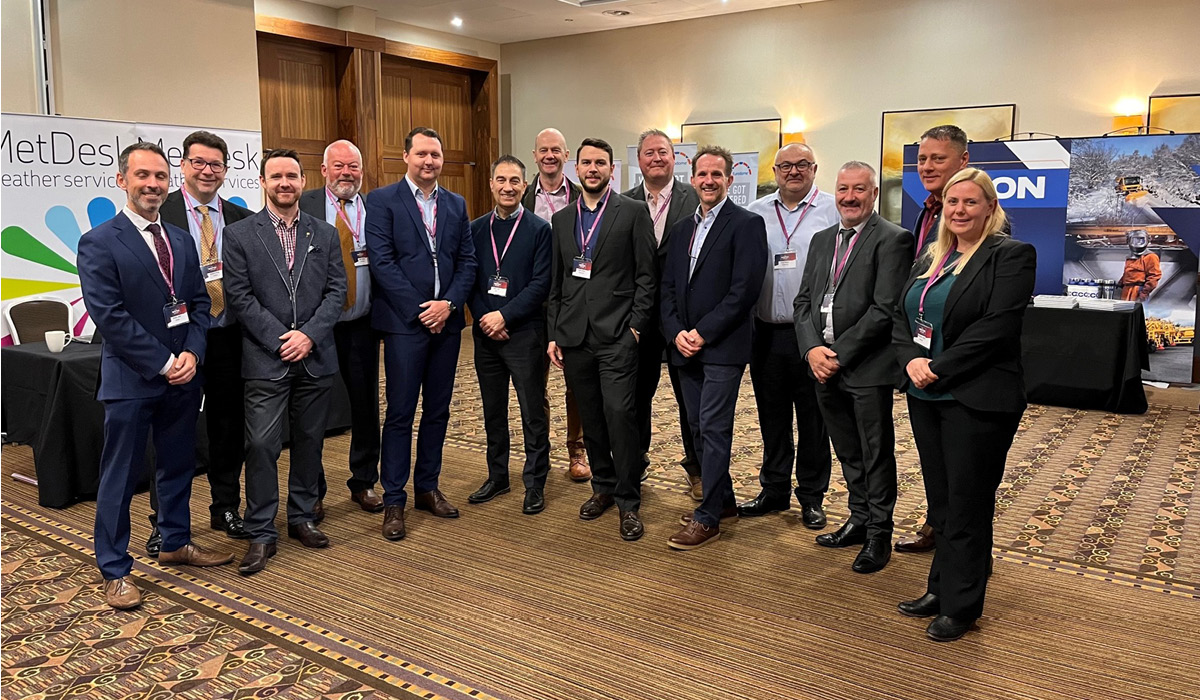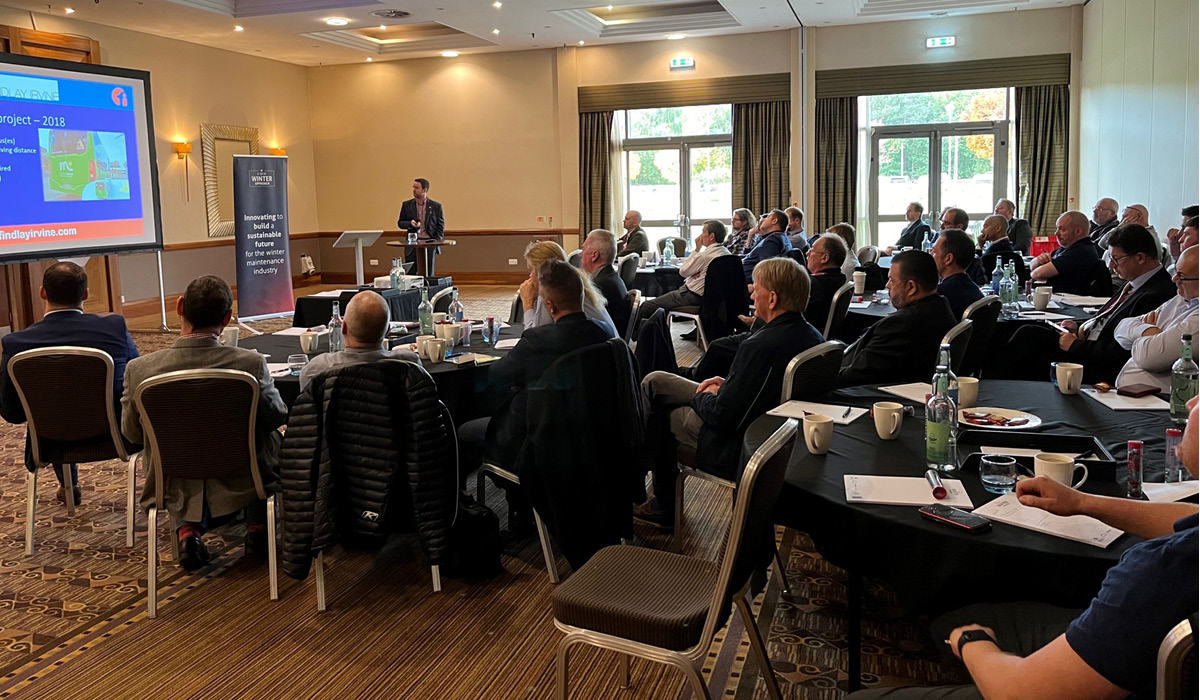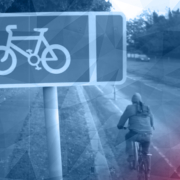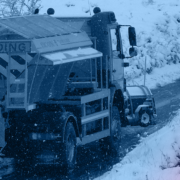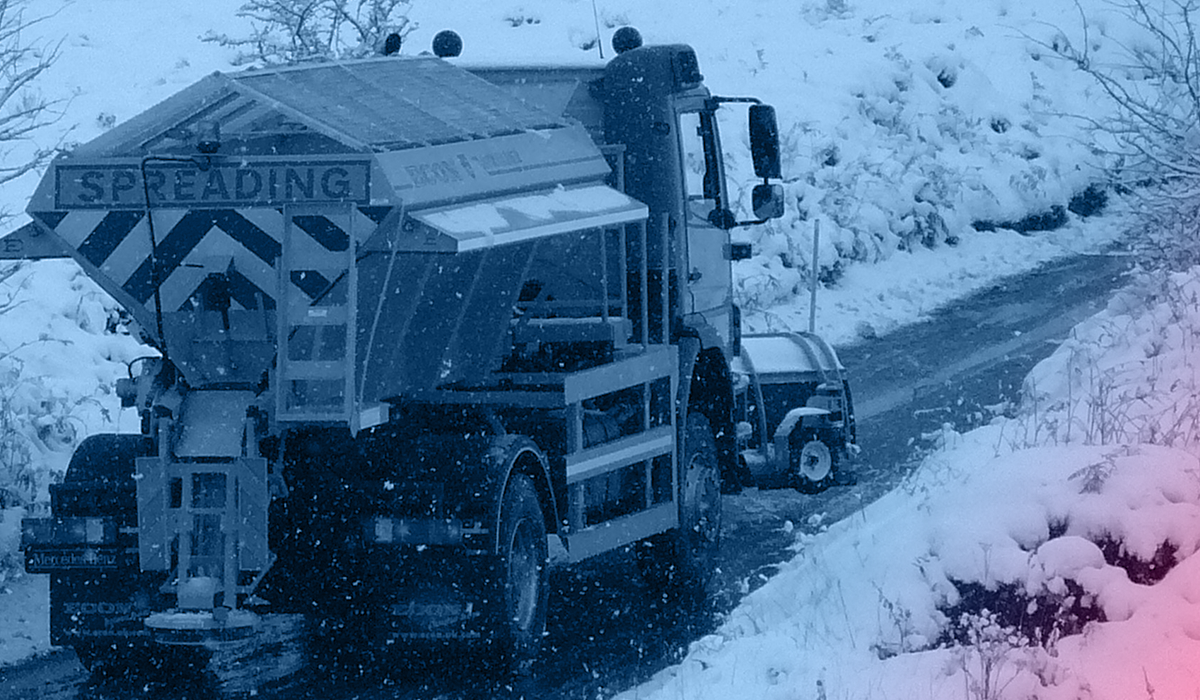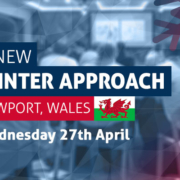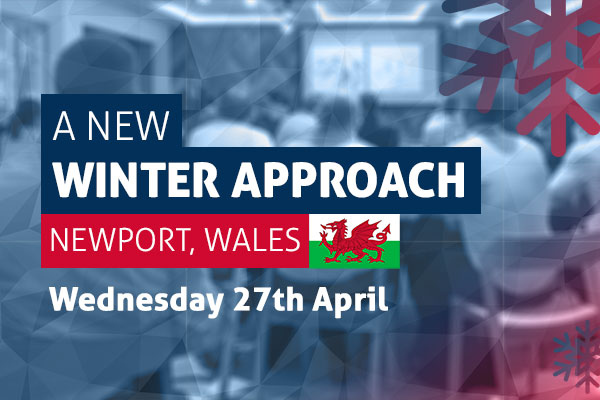The Winter’s Tale: To plough or not to plough?
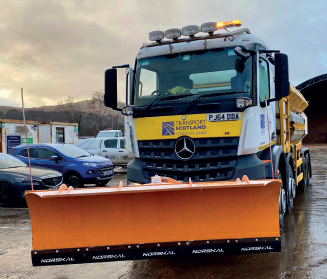
Charles Robertson, A New Winter Approach’s Vice-Chair and Director of Winter Service Solutions, knows good winter service and isn’t afraid to keep asking questions.
“As another winter season draws to a close, winter practitioners turn to reviewing what went well and what can be improved.
This winter has been a ‘stop, start’ affair for many, punctuated with some very challenging cold periods. It was particularly challenging in areas where snow was involved, followed by freezing temperatures, creating compacted ice and the inevitable backlash from the public and media. This occurrence was widespread enough to prompt the question:
‘Whatever happened to snow ploughing?’
I’ve been fortunate to spend 22 years working in the UK winter service industry – selling salt, importing salt and in 2011 starting Winter Service Solutions. Through all that time I’ve seen a lot of positive change within winter service, which is why this winter feels frustrating.
The frustration grows as so much help, guidance and solutions are available. Rewind to 2019 and we had the publication of the National Winter Service Research Group’s Practical Guide, particularly Chapter 9 – Treatment for Snow and Ice. This excellent document, giving comprehensive guidance for winter service practitioners, supported by our commercial sector, was years in the making. It states:
‘It is impractical to spread sufficient salt to melt anything other than very thin layers of snow and ice, and ploughing (or, in certain circumstances, cutting and blowing) is the only effective way to deal with more than a few millimetres of snow.’
Go back even further, we had the Quarmby Winter Resilience Review in 2010, which references snow ploughing – we even had a review of the review!
Nothing is perfect; planning isn’t infallible; and, despite excellent forecasting, winter events can be more severe than predicted. Nonetheless, or perhaps because of this, it is important to keep asking questions.
During the periods of snowy weather this season, a cursory view across social media platforms provided numerous examples of the public’s discontent. These issues are often scrutinised and exacerbated under the local magnifying glass – ‘can’t get the kids to school, can’t get to work, roads blocked, can’t leave my village or even get home etc’.
We weren’t experiencing a ‘Beast from the East’. It was two inches of snow. However, not ploughing away even this seemingly small amount causes major issues. Relying on repeated applications of de-icing salt isn’t enough to clear lying snow. The situation is then exacerbated by persistent cold temperatures, vehicle compaction, and subsequent freezing.
At that point, it’s game over.
So, there are important questions for the authorities to ask. Did salt spreaders go out with ploughs? If not, why not? Are the drivers sufficiently trained or experienced to drive with them? If so, are the ploughs set to float, rather than contact the road surface? Is a ‘Back to Black’ (where snow is completely cleared from the network) ploughing policy observed or being considered?
Training can be addressed easily and reasonably immediately in a preseason. The policy and procedures of individual authorities may take more time to change.
The issue of floating snow ploughs is a major contributing factor, operating above the road surface and leaving snow behind. It saves on wearing out the rubber plough blades but is ineffective at removing snow.
For almost 10 years in the UK we have seen the introduction of advanced plough blades. Used successfully across many authorities in the UK (that get regular snow). These advanced Back to Black blades are designed to run in contact with the road surface, removing snow accumulations on the first pass. Manufactured with ceramic inserts, combining steel, rubber and ‘corundum’, one of the hardest materials on Earth. This combination delivers an extremely hardwearing plough blade, providing extended life, 20 times longer compared to a traditional plain rubber plough blade.
There are many, many authorities that could benefit from using these modern plough blades. We only have to look at the authorities that have been using them to see what a great success they have been.
Winter Service Solutions has conducted trials this winter using a brand new, next generation advanced snow plough. Its purpose is to deal with any already in-situ compacted/frozen snow. This new blade from Norskal retains the same features, a ceramic core encased in rubber, while adding an external sheath of Hardox 450, a wear-resilient steel. This combination allows the blade to literally bite through and clear the snow compaction, allowing the de-icing material to do its job.
If all authorities, irrespective of the number of days snow they receive, were to use their ploughs and these advanced blades, we’d avoid the vast majority of issues experienced.
I can hear the budget purse strings tightening even before finishing this sentence. However, never has there been a better ‘spend to save’ opportunity than this. Remove the snow, put less salt down, increase resilience, less time/labour cost changing traditional rubber blades, less public and commercial delays and of course fewer road incidents and crashes. All good for UK plc.
The answers are all out there; we just need to ask the right questions.”
Charles will be discussing the most effective treatments for snow and ice at the next A New Winter Approach event in Peterborough on Wednesday 17th May. Click here to view the rest of the speaker line up and register for a free ticket.

